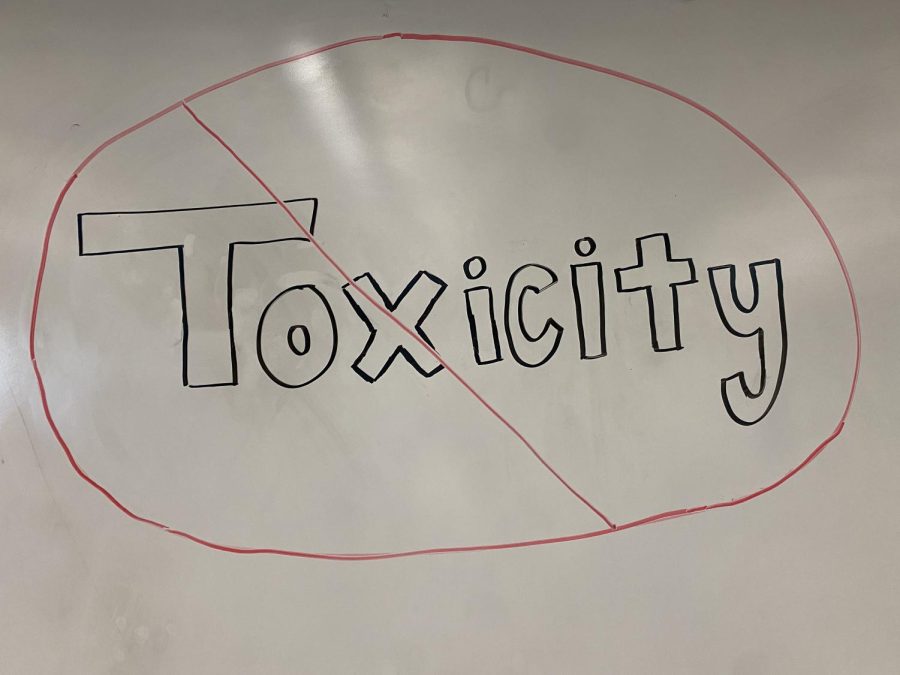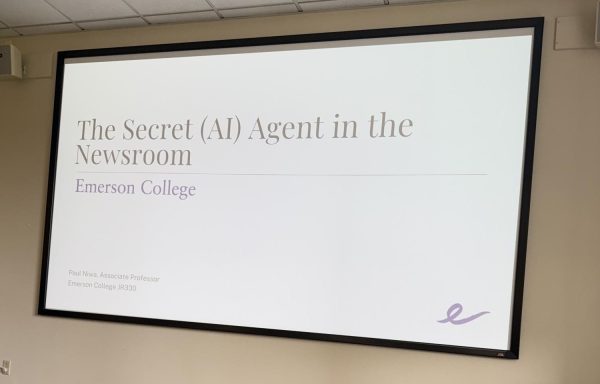Opinion: A High School Senior’s Thoughts on Toxic Friendships
Have you ever been so excited about something and a friend ruins it? Or you told a friend a secret and – all of a sudden – everyone knows. “Bad” friends can affect your day to day life and the best thing to do is to get distance away from them entirely – at least for the time being. But, how do you even tell apart good friends and toxic ones?
The first notable factor of knowing who is throwing toxicity in your life, is that good friends don’t constantly argue and make you feel badly about yourself. Over time, these types of friendships can even turn into crisis situations. It is important to recognize when a friend rarely has your best interest in mind. If your insecurities arise when that person comes around, then maybe they aren’t the person to spend your valuable time with.
A few more factors include your friend only calling when they need something, one sided conversations, unavoidable drama, or constant pressure and guilt: these are all signs of a bad friend!
When in one of these funky friendships, it can be hard to tell if you aren’t getting treated the way you deserve or if your friend is just going through tough times. Obviously, rough patches are normal and it is usually better to stick it through than end it entirely.
However, these tips are more for friendships that are on their last leg.
So next – after attempting to salvage the relationship – is probably the most difficult step. It may be clear that you realize that it probably would be better to cut ties. But, how do you let your friend know?
The best method is to meet in-person. Let your friend know that you have to talk to them about something and ask them if they would like to join you to get a coffee or even a car ride. When the conversation starts, you need to lay out the issue. Let them know – although this may be repetitive – the reasons for your actions. Be clear and calm with a non-aggressive tone. After that, create certain boundaries and tell them that you need space.
It is possible in this scenario that the conversation will trail off of the point. Try to refocus and make it about yourself and the issue at hand. Be aware that it might get worse before it gets better.
Moving forward, your ex-friend might make up rumors or tell your other friends how they are the victim. If this situation happens, continue to keep your space and not contact them. They will seek your attention or want to make you upset.
Knowing the signs of toxic behavior and tackling how to get out of that relationship is a major tool that will only benefit you in the long run. Finding the right friend for you can be difficult, but is so important – especially in these difficult times.

Carlie Lombardi is a part of the class of 2022, a senior at Oakmont Regional High School. She is a part of SADD and yearbook. After school Carlie work...







